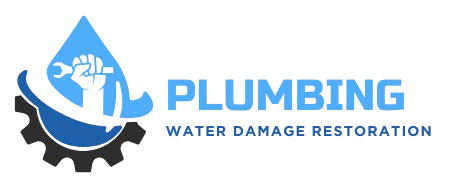Lorem ipsum dolor sit amet, consectetur adipiscing elit, sed do eiusmod tempor incididunt ut labore et dolore magna aliqua. Accumsan…
I couldn't have asked for a better response from Plumber Denver when my kitchen sink started to leak. They were on the scene within the hour and got everything back under control in no time. Their technician was not only extremely personable but also made it a point to explain, in layman's terms, what he was doing and why he was doing it at every step. If these guys are a representation of the plumbing industry, then I have newfound respect for the plumbing industry.










